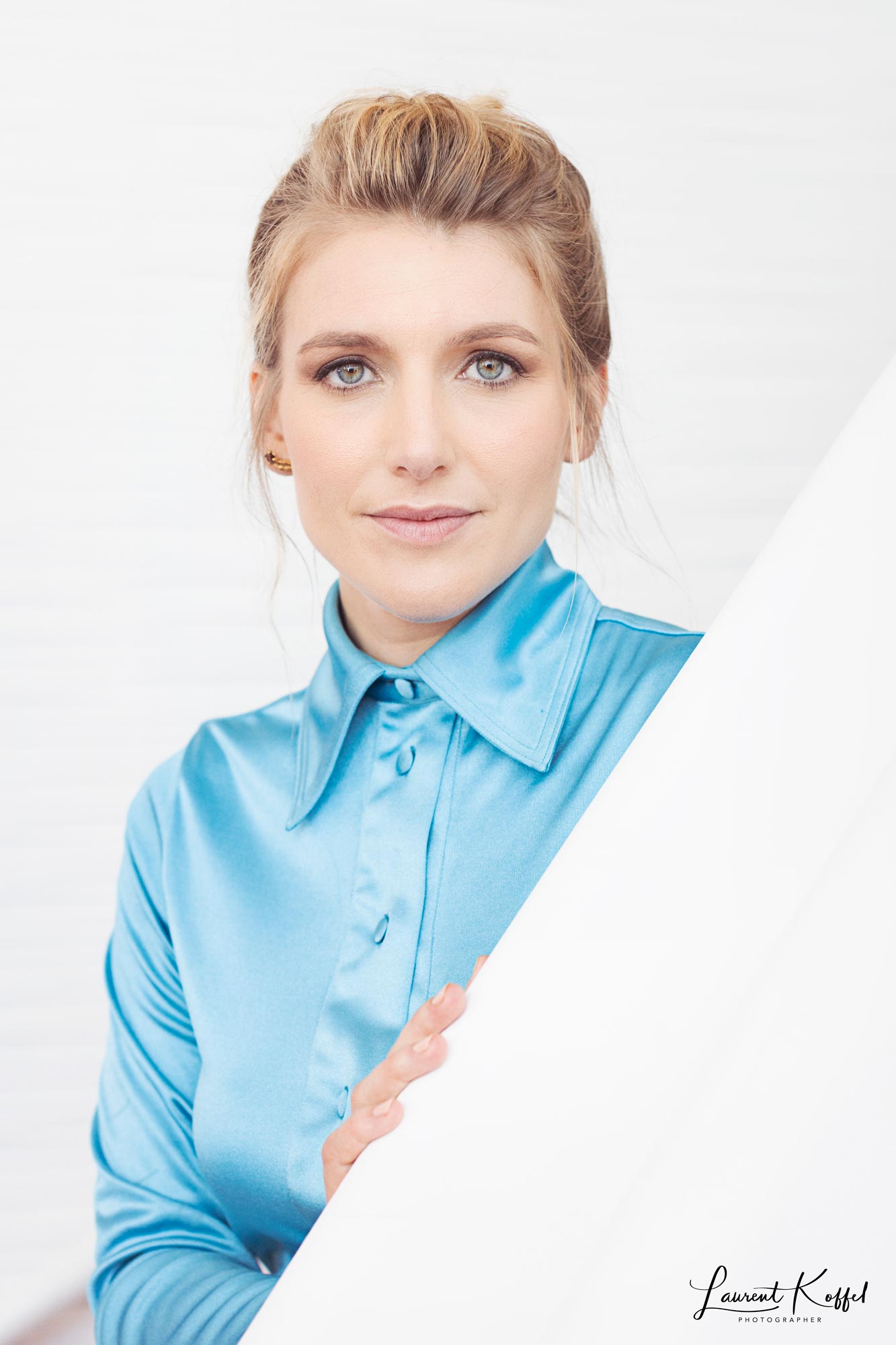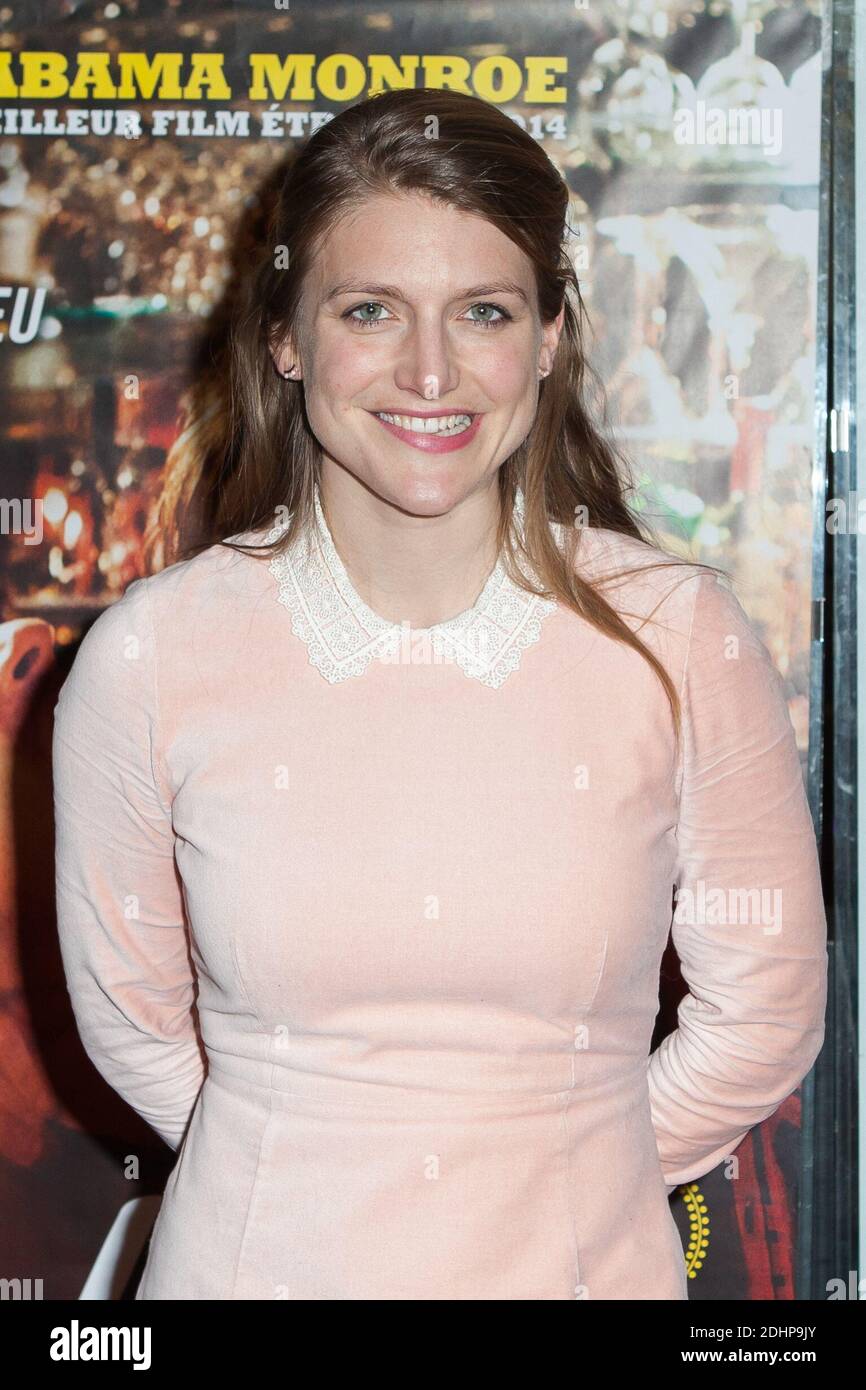Table Of Content

It’s Me, Margaret” and “Tótem” A young girl’s coming-of-age and her family’s joy and heartache are perfectly observed in both Kelly Fremon Craig’s underappreciated Judy Blume adaptation and Lila Avilés’ haunting work of poetic realism. “All Dirt Roads Taste of Salt” and “Earth Mama” A highly intelligent way with the camera and a deep, intuitive understanding of Black motherhood and childhood distinguished both of these sterling debut features. “About Dry Grasses” and “Godland”Two of the year’s most visually and intellectually immersive films, each pitting one very small man against a vast, sprawling landscape. “The Eight Mountains” is directed by Oscar-nominated Felix van Groeningen (“The Broken Circle Breakdown”) and Charlotte Vandermeesch. The cast includes Luca Marinelli, Alessandro Borghi, Lupo Barbiero, Cristiano Sassella, and Elisabetta Mazzullo. The Eight Mountains screened at the Cannes film festival, and is released on 12 May in UK cinemas.
The 13 best novels (and 2 best short story collections) of 2023
When one of us said, “I believe in this,” then there’s something there that’s really valuable. We were happy, the producers were happy, and Felix suddenly proposed to direct the whole thing together. Have faith.” It was this big journey for us as a family, going to Italy with our son and making it a very shared experience, not [Felix] leaving us for a year and a half.
More From the Los Angeles Times
‘The Eight Mountains’ Directors Felix van Groeningen, Charlotte Vandermeersch Discuss Cannes Competition Title, Debut Trailer (EXCLUSIVE) - Variety
‘The Eight Mountains’ Directors Felix van Groeningen, Charlotte Vandermeersch Discuss Cannes Competition Title, Debut Trailer (EXCLUSIVE).
Posted: Thu, 12 May 2022 07:00:00 GMT [source]
The precise nature of the men’s disquiet remains blurry, almost as if no one has ever seen an Antonioni film, though there are suggestions that the world beyond the valley — with its dirty air and noisy streets, its violence and politics — is a prime suspect. Yet even when that outside world bears down on Pietro and especially Bruno, the movie skitters away from messy, unpleasant particulars, which makes its painful passages easier to take but also blunts its impact. Both death and taxes take a heavy toll on the characters, exacting a cost that will make you weep even as the filmmakers smooth out the rough edges, crank the soulful tunes and turn their limpid gaze on a world that, alas, isn’t as beautiful as they seem to want it to be.
Anne Buresh Interior Design
Bruno confronts Pietro with the aimlessness of his life and pushes him to help him build the house his father had wanted. Bruno plans to restore his uncle's pasture and continue living the life of a mountaineer, and encourages Pietro to follow his dream and write a book. An unusual pairing, to be sure, but one that for me makes a sad and sublime kind of sense.

‘Nature is great. But when it becomes real, it’s something else’: filming The Eight Mountains
‘Nature is great. But when it becomes real, it’s something else’: filming The Eight Mountains - The Guardian
‘Nature is great. But when it becomes real, it’s something else’: filming The Eight Mountains.
Posted: Fri, 12 May 2023 07:00:00 GMT [source]
[We were] sharing and learning this language together, immersing ourselves into new world. Also, our boy really found his way there and made friends, and he loves to go back to the mountains. It really helped us mature and enter into a new phase of our relationship. An epic journey of friendship and self-discovery, THE EIGHT MOUNTAINS is a landmark cinematic experience as intimate as it is monumental, as deep as it is expansive. As they mature, Pietro becomes estranged from his business-minded father (Filippo Timi) even as Bruno—emotionally abandoned by his own father—takes up the role of surrogate son.
Felix van Groeningen and Charlotte Vandermeersch Interview

"The Eight Mountains" starts with the meeting of two 11-year-old boys in a remote village in the Italian Alps. Pietro (Lupo Barbiero) is a kid from Turin whose mother rented a summer house in the mountains. Bruno (Cristiano Sassella) lives with his aunt and uncle, working their farm.
The Eight Mountains Review: A Lucid Coming-of-Age Story About the Power of Friendship
Indeed, the physical resemblance of the younger actors to their adult opposites suggests the casting may have been the other way round at some point. If so, the change is inspired, given the wonderful subtlety Marinelli brings to the role of Pietro, so different from his eye-catching turn in “Martin Eden.” Here, he’s the soulful, uncertain, meandering yin to Borghi’s compact, practical yang. Their moments of connection are moving in their understatement, as when adult Bruno calls adult Pietro by his childhood nickname for the first time, across the roof slates of the hut they’re building in quixotic remembrance of the latter’s father.
His dream is to take over his aunt and uncle's abandoned dairy farm, where he can make cheese and live the life of his ancestors. The passage of time, and Pietro's voiceover, show the film's novelistic source material. It’s the spreading tale of a friendship that begins one mid-’80s summer, when city kid Pietro (played as a child by Lupo Barbiero) comes with his mother on vacation to Grana, a tiny fading hamlet nestled under the crushing, snow-capped immensity of the nearby Alps.
The Eight Mountains (
While she’s based in Dilworth, most Mary’s clientele comes straight out of Charlotte. Mary and her firm Mary Tobias Miller Interior Design offers various services to commercial and residential clients. Sometimes you just want everyone to go away and leave you alone so you can finish that damn magnum opus, which is no small task when your more popular and acclaimed friends are constantly overshadowing you. The tetchiness of the creative temperament is on grand, empathetic display in “Showing Up,” Kelly Reichardt’s exquisitely observed art-world comedy, and “Afire,” Christian Petzold’s tense, biting tale of a working holiday gone awry. Both feature expert, vanity-free performances — from Michelle Williams and Thomas Schubert, respectively — playing such memorably self-serious grumps that you almost want to see them co-star in a crossover rom-com sequel. There’s nothing like watching a movie with an audience — and, as I realized a few months ago, there’s nothing like watching an audience watch a movie.
But their Edenic friendship is ruined by Pietro’s parents, who make a heavy-handed and misjudged offer to let Bruno live with them in the big city and attend high school there. Bruno’s absent father objects to this condescension, and takes the boy away to work with him on a building site while Pietro starts a troubled middle-class student career. Pietro never forgives his father for splitting them up, and for being more impressed by the tougher and more alpha Bruno, who is a real outdoorsman. The film moves through their adolescence, when they lose touch with each other, and into adulthood, where Pietro (Luca Marinelli) and Bruno (Alessandro Borghi) find their way toward one another again. In many cases, their friendship is the only stable thing in the flux of life.
My dining room brings my love of the world to my home with the custom-designed Paul Montgomery wall panels. It defines my wanderlust and desire to be in exotic, faraway places. The magical mix of flora and fauna that would never be found together in nature delights me. The English Room’s Holly Phillips shares with us a glimpse into her favorite room design, along with how her dining room was inspired and came together with a magical mix of flora and fauna.
He meets Bruno (Cristiano Sassella), the self-described “last child in the village,” and through herding cows and clambering on rocks and splashing in clear mountain lakes, the two 11-year-olds bond quickly, despite radical differences in background and temperament. It’s not just quiet, polite Pietro who becomes fiercely attached to sturdy, capable Bruno. Once Pietro’s blustery factory-manager father (Filippo Timi) arrives to indulge his passion for mountaineering, the boy’s parents both take to Bruno too, so much so they offer to bring him back to Turin with them for schooling.
Pietro hikes to a peak he and his father Giovanni reached decades ago and finds the summit book in which Giovanni had written on that occasion. In this and similar summit books on other mountain peaks he finds his father's experiences and feelings during hikes there with Pietro and Bruno and later with just Bruno. Later at dinner, Bruno and Lara argue over financial issues with her accusing him of having his head in the clouds. 15 years later, 31-year-old Pietro has found a job at a restaurant in Turin. One winter night, he receives a call from his mother that his father has died.
The story begins in the summer of 1984, when 11-year-old Pietro and his parents, who live in Turin, spend the summer in a small Alpine village. It’s here that Pietro meets Bruno, a boy roughly the same age, who swiftly becomes his friend and guide. The region, with its scenic lakes and jaw-dropping vistas, is a boundless sun-drenched playground. And the writer-directors Felix van Groeningen and Charlotte Vandermeersch joyously capture the boys’ rambunctious, rough-and-tumble innocence, the pure happiness we see coursing through their faces and bodies as they run, wrestle, yell and explore.
Vandermeersch, primarily known for her work as an actress, had previously appeared in several of her husband’s other movies and received a screenplay collaboration credit on his Oscar-nominated The Broken Circle Breakdown. But as Van Groeningen began to approach shooting the adaptation of Paolo Coginetti’s novel that he’d co-written with his wife during pandemic lockdowns, he suggested that she join him in helming the film. Based on the award-winning Italian bestseller “Le Otto Montagne” by Paolo Cognetti, the movie is novelistic in the best sense. It immerses you in the world of its characters – both human and Alpine – on that chimingly deep level that usually only literature can access. But it lives and breathes in beautifully cinematic terms, with each one of Ruben Impens’ stunning academy-ratio pictures worth a thousand words. Although this classic bildungsroman may have been nipped and tucked in the transition from page to screen, in terms of scale and sweep and emotion, little appears to have been lost in translation.

No comments:
Post a Comment